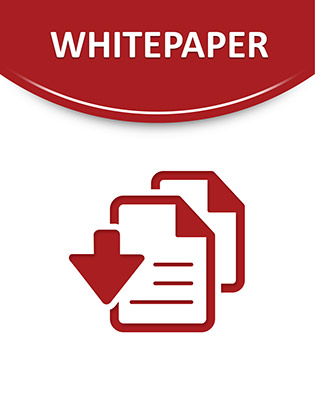Best Practices in Creating a Strategic Finance Function

In the wake of recent accounting scandals and in the increasingly competitive business environment, many CFOs and the finance organizations they lead have started to take on new strategic roles within the enterprise. They are aiming at enforcing stricter control processes to ensure legal and regulatory compliance, offering strategic insights into the internal and external business environment, and connecting the business strategy with daily operations through performance tracking.
The trend toward a more strategic role is echoed by the responses of participants in recent research conducted by APQC, an internationally recognized nonprofit organization that provides best-practice research, metrics, and measures. The participants indicated that, three years down the road, they anticipate spending 30% more time on decision support and management (see Figure 3). According to the same research, however, in spite of their aspirations, participants have not made much progress toward a greater strategic role. Finance organizations, no matter what their size, report to APQC that they still spend almost two-thirds of their time on transaction processing and controls and only one-third on decision support and management.
The difficulty in evolving the finance role lies in bridging the current gap between the finance function that emphasizes greater efficiency and the finance function that becomes a partner in managing the business. The best companies have found that reaching the goal of a more strategic finance function warrants a two-step approach.
Benchmarking is an important tool that finance organizations use to stay competitive. It allows them to determine the value of adopting best practices and changing business processes. To assess the trends in the finance function and identify best practices, APQC has evaluated the performance of more than 130 finance organizations as part of its OSBC research. The research included the following key processes:
- Financial strategy and planning
- Internal controls
- Treasury
- Revenue accounting (order to cash)
- General accounting
- Fixed assets and project accounting
- Accounts payable and expense reporting
- Tax
- Payroll
